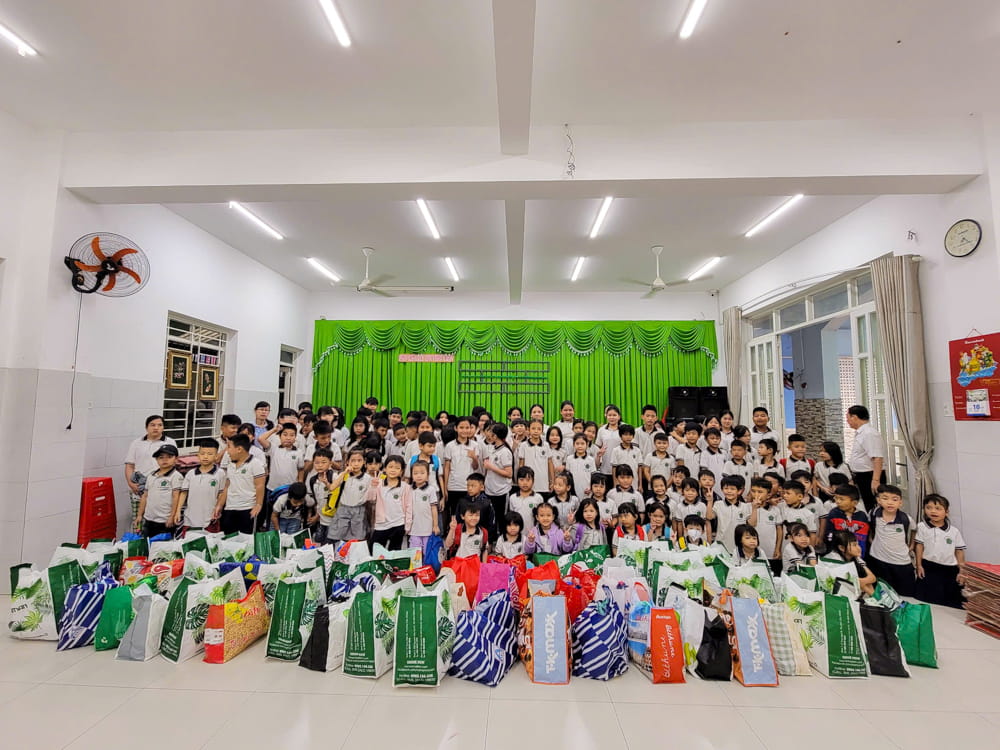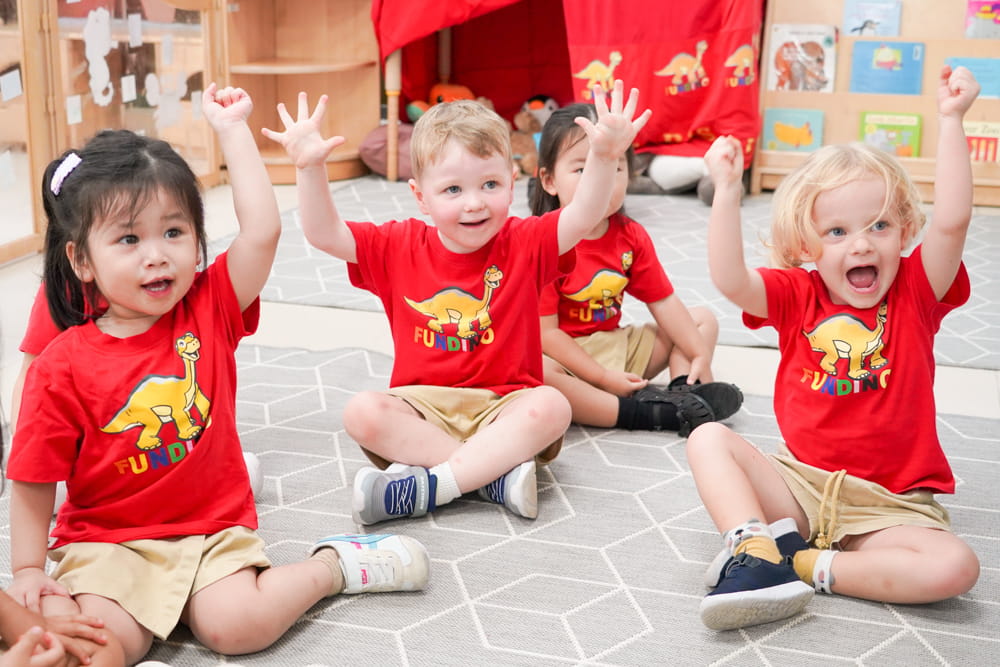Emotional Resilience by Dr Angie Wigford This week Dr Angie Wigford ran 3 workshops on how a child’s brain develops. This then led onto a discussion on how important playfulness, acceptance, curiosity and empathy were in developing resilience.
This week Dr Angie Wigford ran 3 workshops on how a child’s brain develops. This then led onto a discussion on how important playfulness, acceptance, curiosity and empathy were in developing resilience.
The brain develops and grows so much in a child up to the age of 3. To illustrate how important the experiences a child has in their early years, Angie passed around bags of rice.
The average brain weighs:
- 370g for a newborn
- 1180g for the average 3-year-old
- 1310g for the average 60-year-old
The environment we create as educators and parents helps build a child’s resilience. Through various discussions and activities, the importance of play was explored. Also the need for teaching emotions and why children need to see faces. Angie shared research from Harvard University and also work she is doing at Cardiff University.
One piece of research shared from Harvard University was the importance of “serve and return” and how simple games such as, ‘peek-a-boo’ builds a child’s brain. To read more, please click here.
For a full copy of Angie’s presentation please click here.
As a school we will be exploring this further next term and offering more workshops. In one of these workshops we play the ‘Brain Architecture Game’, where you will work in groups to build a brain. Cards will be given with different scenarios at different ages. We will then explore practical ideas on how you create those environments that benefit the child. If you would like further information or have expertise and would like to lead a session on this theme, then please contact Sarah Curran Assistant Headteacher.
Ms Sarah Curran, Assistant Head Teacher (EYFS)








